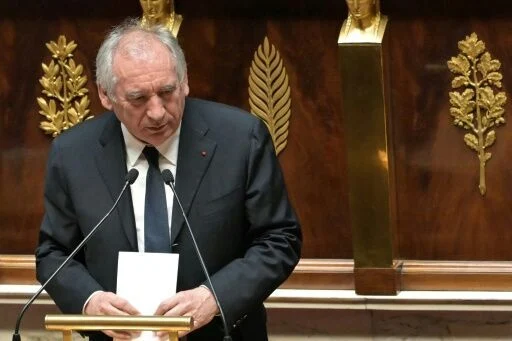Paris: French Prime Minister Francois Bayrou successfully navigated two no-confidence votes initiated by the hard left-wing party, La France Insoumise (LFI). The first vote saw only 128 deputies supporting the motion, while the second garnered just 122 votes in favor, both insufficient to meet the required 289 votes needed for Bayrou’s ousting, as announced by Yael Braun-Pivet, Speaker of the French National Assembly.
These motions were prompted by Bayrou invoking Article 49.3 of the French Constitution to push through the 2025 state budget bill and part of the Social Security financing bill without a parliamentary vote. LFI struggled to garner enough votes due to lack of support from both the far-right National Rally (RN) and the left-wing Socialist Party (PS).
Bayrou was appointed Prime Minister by President Emmanuel Macron on December 13, following the ousting of Michel Barnier in a previous no-confidence vote. The survival of Bayrou’s government is a relief for Macron, who has faced persistent calls to resign but remains committed to serving out his term until 2027. His decision to call snap parliamentary elections last summer has left many analysts puzzled, as it resulted in a divided Parliament without a majority.
Political instability in France has been on the rise since those elections, leading to challenges in budget negotiations and the quick downfall of Barnier’s government. Bayrou’s administration has relied on costly concessions to the left and right to progress its legislation. Addressing lawmakers, Bayrou described the budget as essential albeit imperfect, stating, “Our country cannot live without a budget.” Meanwhile, Finance Minister Eric Lombard expressed that the failure of the no-confidence motions was a positive development for France, as the budget seeks to reduce the deficit by increasing taxes on large corporations and wealthy individuals while cutting spending.
